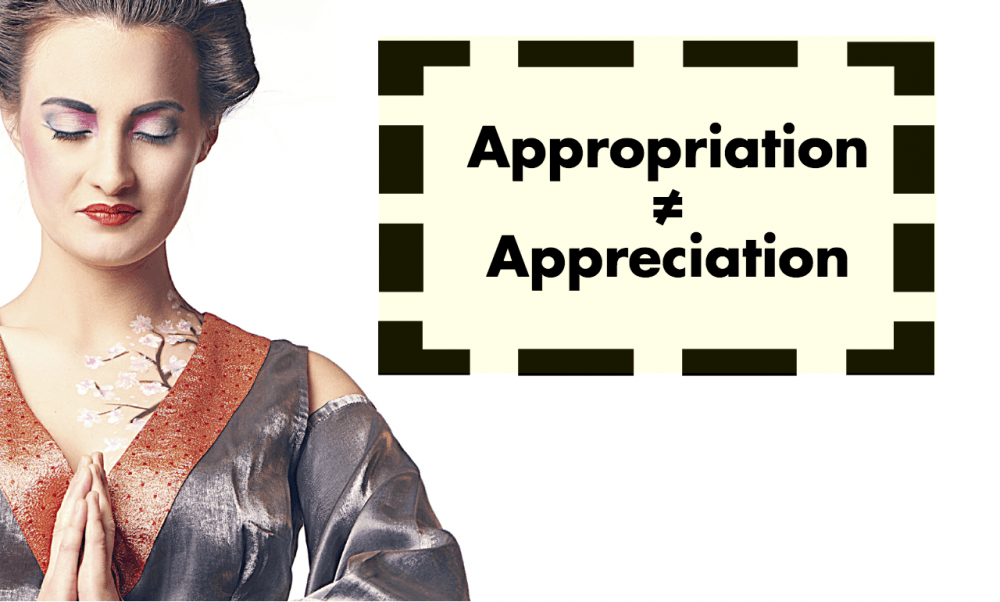With Halloween just around the corner and some students preparing their costumes, several organizations on campus are hoping to teach students what is and isn’t culturally appropriate for holiday costumes.
Lilia Arroyo, treasurer of the Latino Student Union, said some of the most popular offensive costumes are Native American clothing, Geisha costumes, sugar skull makeup or anything that reduces a group to a stereotype.
“These costumes send a message that people’s experiences aren’t important or that their culture and identity is a joke,” Arroyo said.
In addition to culturally inappropriate costumes, Courtney Jarrett, the Feminists for Action faculty adviser, said some women’s costumes can also be offensive.
“I think many of the costumes offered for women are offensive because they are considered ‘sexy’ when the male version isn't," Jarrett said. "I know there are people out there that enjoy wearing fishnets or showing cleavage with their costumes, and that's totally fine, but those shouldn't be the only option. “
While many costumes have the potential to be offensive, Arroyo said she doesn’t think everyone is doing it on purpose.
“I think that most people are not trying to be offensive, but many of them have been confronted at some point or have seen something on social media telling them how these are offensive, so at some point they knew that they were being offensive and chose to wear the costume anyway,” she said.
Arroyo added that people may choose to wear these costumes because it is easy, and if the issue doesn’t directly affect them, they may not care.
Jarrett, however, said society is to blame.
“We live in a patriarchal society where many think it's OK to take over other's belief systems, or that people who identify as women should dress and act a certain way for Halloween or any other time," Jarrett said. “If you have to ask yourself if the costume is actually offensive, it probably is.”
The best way to address this issue today, Arroyo said, is through better education.
“Listen to people who are from these groups and why these costumes are harmful," she said. "The more you listen, the less likely you will be to do something offensive."





